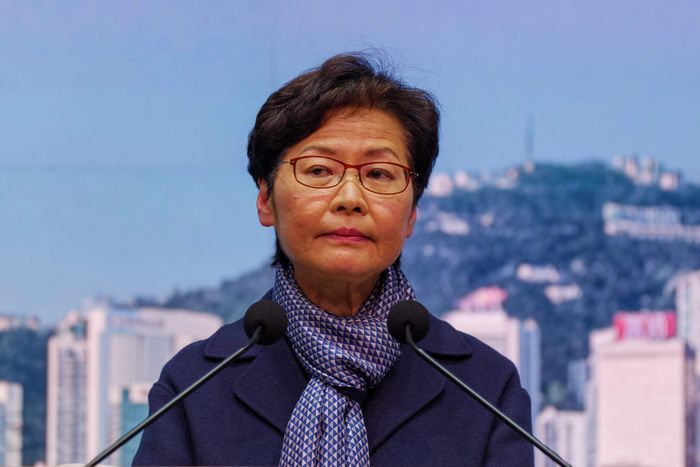Carrie Lam, the former Chief Executive of Hong Kong, is primarily known for her political career and public service rather than personal investments. As a public figure, especially in a high-ranking government position, Lam’s financial disclosures and investments are subject to stringent scrutiny to ensure transparency and avoid conflicts of interest. However, her policies and initiatives during her tenure have indirectly influenced various sectors and investments in Hong Kong.

During her tenure from 2017 to 2022, Lam focused on housing, infrastructure, and technology development in Hong Kong. These areas saw significant investment and policy shifts aimed at enhancing Hong Kong’s competitiveness and addressing pressing social issues.
One of Lam’s notable initiatives was the Housing Policy, where she pushed for increased housing supply to tackle Hong Kong’s severe housing shortage. Her administration introduced measures to expedite the construction of public housing and incentivize private developers to contribute to affordable housing projects. This focus on real estate development had a substantial impact on the property market and related investments.
Lam also prioritized infrastructure development, with significant investments in large-scale projects such as the Hong Kong-Zhuhai-Macao Bridge and the expansion of the Hong Kong International Airport. These projects were aimed at bolstering Hong Kong’s position as a global logistics and transportation hub, attracting further investments in these sectors.
In the realm of technology, Lam’s administration launched initiatives to transform Hong Kong into a smart city. Investments in fintech, artificial intelligence, and biotechnology were encouraged through various government policies and funding schemes. The establishment of the Innovation and Technology Venture Fund aimed to support startups and foster innovation, contributing to Hong Kong’s growing reputation as a tech hub.
While Carrie Lam’s direct personal investments are not publicized, her influence on Hong Kong’s investment landscape is evident through the policies and initiatives she championed. By focusing on housing, infrastructure, and technology, she aimed to create a conducive environment for investment and sustainable economic growth in Hong Kong.
In summary, Carrie Lam’s legacy in the investment sphere is more about her impact on public policies that shaped Hong Kong’s economic landscape rather than personal financial ventures. Her tenure was marked by efforts to address critical issues and promote sectors that are vital for the region’s future development.